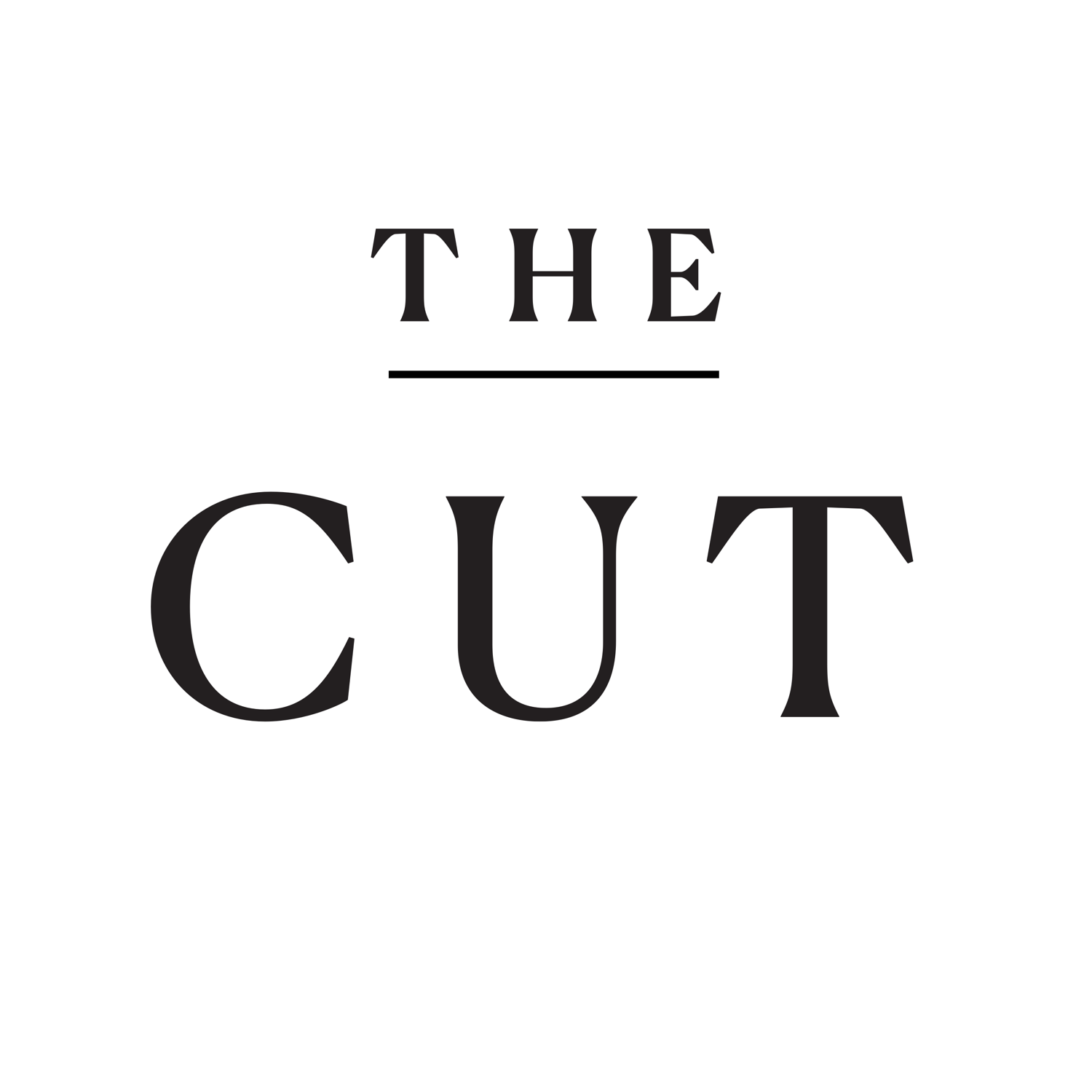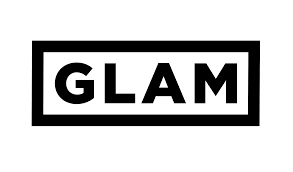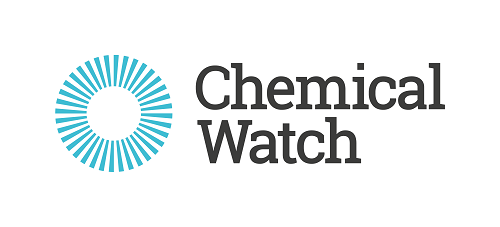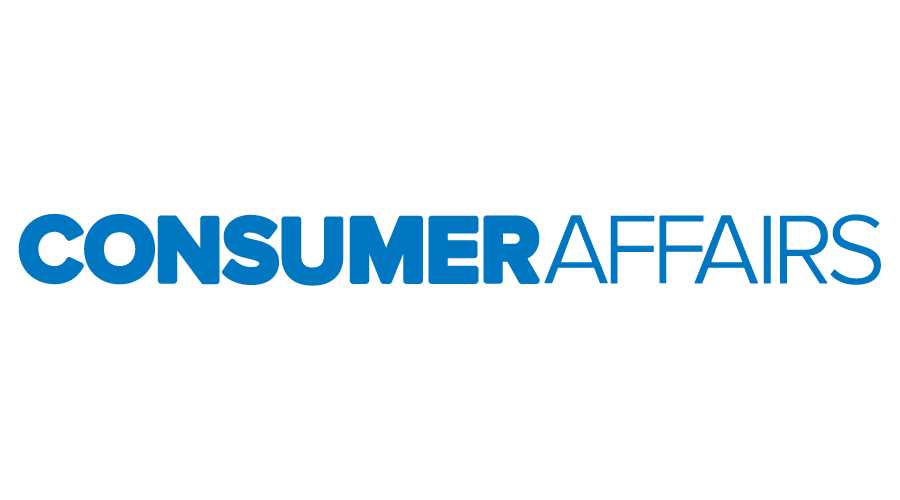About
News Media Coverage
Top news coverage on BCPP’s life-saving work. Also, check out BCPP’s Campaign for Safe Cosmetics’ news hits
Media Contact: Erika Wilhelm (415) 539-5005

The Cost of Straight Hair: The products Black women rely on to give their locks body and shine are now alleged to give them cancer, too.
The brand’s shampoo, used to rinse out the relaxing cream, had the most harmful chemicals out of 32 personal-care products tested by Breast Cancer Prevention Partners in 2018, including four carcinogens. Read more

A New Law Regulating the Cosmetics Industry Expands the FDA’s Power But Fails to Ban Toxic Chemicals in Beauty Products
The Modernization of Cosmetics Regulation Act empowers the FDA to recall harmful cosmetics. Advocates want to know why manufacturers still don’t have to prove their products are safe before they’re sold to millions of consumers. Read more

Black Women Face Disproportionate Risks From Largely Unregulated Toxic Substances in Beauty and Personal Care Products
The FDA has finally proposed a ban on formaldehyde in hair straighteners, and new regulations on the cosmetics industry take effect next month. But one activist called them “a floor, not a ceiling.” Read more

Do you know what’s in your makeup? Me neither!
A 2018 study released by the Breast Cancer Prevention Partners found that out of 32 personal care and cleaning products it tested, the most toxic product was a shampoo called ‘Just for Me.’ marketed to young Black girls. It contained 24 carcinogens, hormone disruptors, and other toxicants, 17 of which were fragrance ingredients that did not even appear on the label. Read more

What Is ‘Clean Beauty’ and How to Participate on a Budget
Other helpful, free tools are the Campaign for Safe Cosmetics and Credo websites. Both give an extensive list of harmful ingredients found in cosmetics and personal care products. Read more

80 Percent of Retail Receipts Contain Toxic Substances
“BPA and BPS are known to disrupt our hormones and have been linked to numerous health harms, including cancer, birth defects, and other developmental issues,” Nancy Buermeyer, Director of Program and Policy at Breast Cancer Prevention Partners, told the EC. “Now it’s time to remove these dangerous and unnecessary chemicals from thermal receipt paper,” Buermeyer said. “This exposure concerns all consumers; however, the risk is highest for cashiers, over 70 percent of whom are women. We look forward to California’s Assembly Bill 1347, ‘Skip the Slip,’ which calls for digital receipts and BPS/BPA-free receipts, becoming law.” Read more

California Assembly member tries to get rid of paper receipts –again
California Assembly Member Phil Ting is still pushing for a state bill that would require businesses to print out receipts only when customers ask for them, a shift that he says would save billions of trees, millions of dollars, and greatly reduce the unseen health dangers that many receipts carry. A study from the Ecology Center found that 93% of tested receipts contained Bisphenol A (BPA) or Bisphenol S (BPS) chemical compounds that are used in the manufacturing of plastics and have been found in more than 90% of people, according to CDC data. “This exposure is concerning for all consumers, however it’s particularly a greater risk for cashiers, 70% of which are women,” said [BCPP’s Nancy] Buermeyer, who added that the hormone-disrupting chemicals can quickly absorb into people’s bloodstreams through the skin. Read more

California assemblyman pushes legislation to cut back on paper receipts
California Assembly Member Phil Ting, second to right, presents his “Skip the Slip” legislation to help reduce paper receipts in the state of California. He is joined, from left to right, by Wil Pond, a worker for the Assembly’s Democratic Communications Office, Chloe Brown, a policy associate with Californians Against Waste, and Nancy Buermeyer, Director of Program & Policy at Breast Cancer Prevention Partners. Read more

Many Personal Care Products Contain Harmful Chemicals. Here’s What to Do About It.
Cosmetics and personal care products are notoriously under regulated. Companies often spruce up labels with words like “naturally derived,” “nontoxic” and “clean” — which sound good but are basically just marketing terms. How is the average consumer supposed to sort through which chemicals might do them harm? Read More

Sobering Facts
Public support is also now increasing for the idea of adding written warnings about the alcohol-cancer link to alcoholic beverages, which is something that a number of cancer organisations have been petitioning for. Current labelling on beverages tend to focus on risks during pregnancy or use while operating machinery and may include a vague statement that alcohol “may cause health problems.” But highly-regarded professional bodies such as the American Society of Clinical Oncology, the American Institute for Cancer Research, and Breast Cancer Prevention Partners, all in collaboration with several public health organisations have rightly stated that the message needs to be out there in the public domain and should be crystal clear, even proposing labelling that would read: “WARNING: According to the Surgeon General, consumption of alcoholic beverages can cause cancer, including breast and colon cancers.” Such labelling ultimately has the potential to save lives by ensuring that consumers have a more accurate understanding of the link between alcohol and cancer, therefore allowing them to better protect and safeguard their health. Read more

Ingredients You Should Avoid In Your Haircare Products
According to the Campaign for Safe Cosmetics (CSC), many personal care products list “fragrance” on their ingredients list but fail to disclose exactly what makes up said fragrance. You might not think there is anything wrong with using a shampoo that smells fruity or perfumed. After all, it makes you smell nice and gets your hair clean, which is the whole point. However, synthetic fragrances are often made up of proprietary blends with thousands of ingredients, some of which potentially have serious health effects. Read More

The Fight for Safety of BPA in Food Packaging
“Now that the European Food Safety Authority has found harm at levels vastly lower than our typical daily exposures to Bisphenol A, it’s time for the FDA to take immediate action to protect the public from food-based exposures to this hormonally active chemical that increases our risk of breast cancer, and of other serious health problems,” said Lisette van Vliet, senior policy manager from Breast Cancer Prevention Partners. Read More

How to purge risky chemicals from your beauty products
Avoid unspecified fragrances. “Secret, unlabeled fragrance chemicals are hiding in personal care products, without the public’s knowledge or consent,” says Janet Nudelman, policy and program director at the advocacy group Breast Cancer Prevention Partners. “These chemicals are often linked to both environmental and public health harms, but people don’t know because companies don’t have to disclose them.” Read More

California nears passage of PFAS cookware disclosure, food packaging ban
Nancy Buermeyer, senior policy strategist with Breast Cancer Prevention Partners (BCPP), told Chemical Watch…that she “can’t imagine” the governor would reject either bill, considering his strong track record on toxic substances. If cookware manufacturers must start divulging PFASs used, Ms. Beurmeyer said, buyers could “make different choices and really drive market pressure to get these chemicals out of all products.” AB 1200’s online disclosure provision would inform “the entire globe.” Read More

The Dirty Truth
“No one is minding the store when it comes to the safety of cosmetic products,” says Janet Nudelman, director of the Campaign for Safe Cosmetics, which is sponsoring the two bills in California. Read More

Breast cancer survivors create own products to help others
“Women can also turn to The Campaign for Safe Cosmetics coalition, a project of Breast Cancer Prevention Partners. It offers tips on how to choose the best beauty products and a list of chemicals to avoid.” Read More

‘There should be clear warnings’: hair dye cancer risk stokes fear in black women
“The current standards are ineffective and inadequate, and it’s especially bad for black women because products marketed to them are the most toxic,” said Janet Nudelman, director of Breast Cancer Prevention Partners’ campaign for safe cosmetics, which wants American consumers to be protected like those in Europe.” Read More

Amazon and EBay Accused of Selling Cosmetics With Mercury
“This is really just the tip of the iceberg of a much bigger problem,” said Janet Nudelman, director of the Campaign for Safe Cosmetics launched by Breast Cancer Prevention Partners. “The real problem is big companies like Amazon don’t have adequate processes in place to make sure the beauty products they are selling are safe, so watchdog groups have to police the site for them.” Read More

What’s in your kids’ makeup? Asbestos recalls prompt regulation questions
“We have absolutely no idea how often asbestos is found in cosmetics containing talc,” said Nudelman, who is also director of program and policy of Breast Cancer Prevention Partners, a science-based policy and advocacy group. She advised consumers to avoid using products with talc unless it is known to be asbestos-free, and warned that no talc products should be used in the pelvic area because of links to ovarian cancer.” Read More

Why smelling good could come with a cost to health
“No state, federal or global authority is regulating the safety of fragrance chemicals,” says Janet Nudelman, policy director for Breast Cancer Prevention Partners (BCPP) and co-founder of the Campaign for Safe Cosmetics. “No state, federal or global authority even knows which fragrance chemicals appear in which products.” Read More

Why Smelling Good Comes With A Price? Experts Reveal
“‘No state, federal or global authority is regulating the safety of fragrance chemicals. No state, federal or global authority even knows which fragrance chemicals appear in which products,’ Janet Nudelman, co-founder of the Campaign for Safe Cosmetics and policy director for Breast Cancer Prevention Partners (BCPP), said.” Read More

Johnson & Johnson isn’t the only one who uses talc. Is it time to ditch all powdered makeup?
“It’s not just asbestos that consumer groups and researchers have voiced concerns about. The Scientific Analytical Institute, one of the labs that was hired to examine Claire’s Justice makeup for asbestos, said last year that its tests also detected the heavy metals barium, chromium, lead, and selenium in Justice products. Such chemicals can be toxic when introduced into the bloodstream. And numerous brands of liquid makeup have also received low scores from groups like the Campaign For Safe Cosmetics, a Breast Cancer Prevention Fund campaign that evaluates makeup for toxins.” Read More

The Toxic Chemical Lurking in Your Favorite Lipstick
“Lead contamination in lipstick is a documented problem that can adversely impact the health of women and kids that dip into their mother’s makeup bag,” says Janet Nudelman, director of Program and Policy at the Breast Cancer Prevention Partners, as well as director of BCPP’s Campaign for Safe Cosmetics. “Men are also at risk of exposure from lead acetate in men’s hair dye, like Grecian Formula, and other sources.” Read More

The truth about talc, parabens and 8 other controversial makeup ingredients
“To cut through the confusion, USA TODAY has reviewed what regulators and clean beauty activists say about 10 controversial ingredients. Included are decisions from: Campaign for Safe Cosmetics (CSC), run by nonprofit advocacy organization Breast Cancer Prevention Partners (BCPP).” Read More

Your Scented Products May Be Hiding a Dangerous Secret
“A study released Wednesday by Breast Cancer Prevention Partners found a host of unlisted chemicals in commonly used products, with most coming from the scents used to boost their allure. Many bear celebrity labels or are sold to vulnerable populations, it said.” Read More

7 Shocking Things Your First Period Can Tell You About Your Health
“Women who had their first bleed before age 12 were 50 percent more likely to develop breast cancer compared to those who got their period at age 16, according to a report from the Breast Cancer Fund. The study explains that early puberty is associated with increased exposure to the breast-cancer-promoting hormone estrogen.” Read More

P&G Becomes Improbable Supporter of Ingredient Disclosure Rule
“Social change doesn’t happen overnight,” said Nudelman, who credited the confluence of consumer activism and the push by retailers for helping drive the bill into law in California. “This conversation has really evolved and changed over the past 10 years.” Read More

Top surprising things that can increase your risk of cancer
“BPA linings in food and beverage cans are the danger, according to Breast Cancer Prevention Partners. Also, BPA and phthalates are a danger in plastics.” Read More

NGOs Sue FDA Over Generally Recognized As Safe Notification Rule
“The lawsuit – filed by the Center for Food Safety, Breast Cancer Prevention Partners, Center for Science in the Public Interest, Environmental Defense Fund, and the Environmental Working Group – recites many of the prior concerns voiced by the NGO community with respect to substances that companies self-determine are GRAS.” Read More

Morning Agriculture: Trump budget is not kind to the farm bill
“The Center for Food Safety, Breast Cancer Prevention Partners, Center for Science in the Public Interest, Environmental Defense Fund, the Environmental Working Group and Earthjustice argue that FDA’s GRAS rule, finalized in 2016, falls short of consumer expectations and runs afoul of Congress’ intent.” Read More

Best Non-Profits of the Year – 2017
“Formerly the Breast Cancer Fund, Breast Cancer Prevention Partners is on a mission to prevent cancer by eliminating the causes. As the leading science-based advocacy group, it seeks to end public exposure to environmental toxins in an effort to prevent cancer. Since 1992, the group has published studies and mobilized for government action and new legislation. It’s also worked with companies to make products safer. Visit the site to learn about the organization, as well as see science and policy news and publications. Check out their suggestions for getting involved in the fight to prevent cancer.” Read more

Chemicals Linked to Breast Cancer Found in 30 Percent of Halloween Face Paints
“According to the BCF, children are more vulnerable to the effects of chemicals, and preventing exposure can help prevent health issues later in life.” Read More

Are Halloween makeup and face paint products harmful for kids?
“A new study by CalPIRG and the Breast Cancer Fund looked at 187 cosmetics and face paints marketed for kids and Halloween. “At least 50 percent of them had at least one chemical of concern in that,” said Breast Cancer Fund Director of Science Sharima Rasanayagam.” Read More

These Cancer Survivors Wanted Nontoxic Beauty Products —So They Created Their Own Lines
“The Breast Cancer Fund has spent over a decade researching the evidence connecting exposures to toxic chemicals, including in personal care products, with breast cancer incidence,” Breast Cancer Fund spokesperson Denise Halloran tells Yahoo Beauty. “Exposure to these chemicals as well as others we encounter in our everyday lives are likely contributing to our risk of breast cancer and other serious health outcomes. While we are working to remove toxic chemicals from our environment through legislative action and working with responsible companies and retailers, women can decrease their burden of exposure now by avoiding products that contain ingredients of concern and demanding full transparency on ingredients from the brands they support.” Read More

Yes, It’s Pinktober: Gear For Active Women That Supports Breast Cancer Funds
“Balega, a leader in the running sock market, created a limited edition Words of Grit and Grace Enduro Sock, shown at top of page. There are six designs, each with one of three embroidered inspirational messages chosen in a contest to represent the attitude and voices behind runners and survivors: “Live with Intention,” “Run Strong” and “Hope Unstoppable.” This is the fourth year of this campaign and one dollar will be donated to the Breast Cancer Fund for every pair sold.” Read More

Cosmetics database shows products’ toxic chemicals
“The database reveals a snapshot of a Wild West industry where cosmetics companies can and are using a shocking array of unsafe and cancer-causing chemicals in seemingly innocent products,” said Janet Nudelman, co-founder of the Campaign for Safe Cosmetics, which is part of the Breast Cancer Fund. “California’s database is one more tool for consumers to use to make safer choices about cosmetics.” Read More

Marin breast cancer linked to vitamin D receptor?
“Jeanne Rizzo, president of the Breast Cancer Fund, an advocacy group that focuses on the environmental causes of breast cancer, said it’s too soon to stock up on vitamin D. “But this tells us we should be looking at things that are not just traditional risk factors and it’s important to continue this investigation,” said Rizzo, who is also a Marin County resident.” Read More

Are fears that deodorant causes breast cancer unfounded?
“Sharima Rasanayagam, PhD, is not so sure. She is the director of science for the Breast Cancer Fund, a San Francisco, Calif.-based advocacy group that focuses on environmental links to breast cancer. ‘This study provides another piece in the puzzle around parabens and their potential link to breast cancer,’ she says.” Read More

New and Improved Safe Cosmetics Act Could Boost Green Chemistry
“We’ve worked with these companies for years–there are 1800 companies that have signed on to the Campaign for Safe Cosmetics–so we don’t see this as an us versus them situation,” says Janet Nudelman, legislation coordinator for the Campaign for Safe Cosmetics and director of program and policy for Breast Cancer Fund. “If the bill isn’t going to work for the companies that have to implement it, then it’s not going to work for consumers or for public health, and I say that as a public health advocate.” Read More
BCPP Media Contact
Erika Wilhelm (415) 539-5005
FEATURED VIDEO
BCPP: Exposing the Cause is the Cure
We're preventing breast cancer before it starts by eliminating our exposure to toxic chemicals and radiation.
